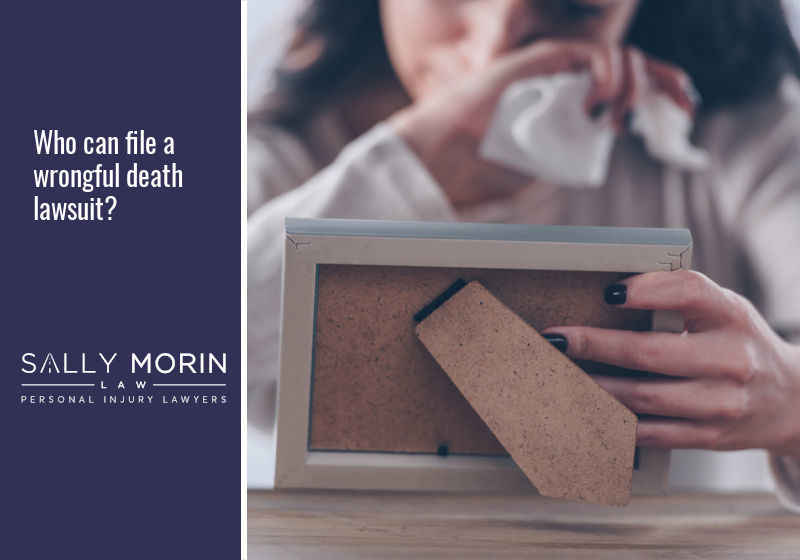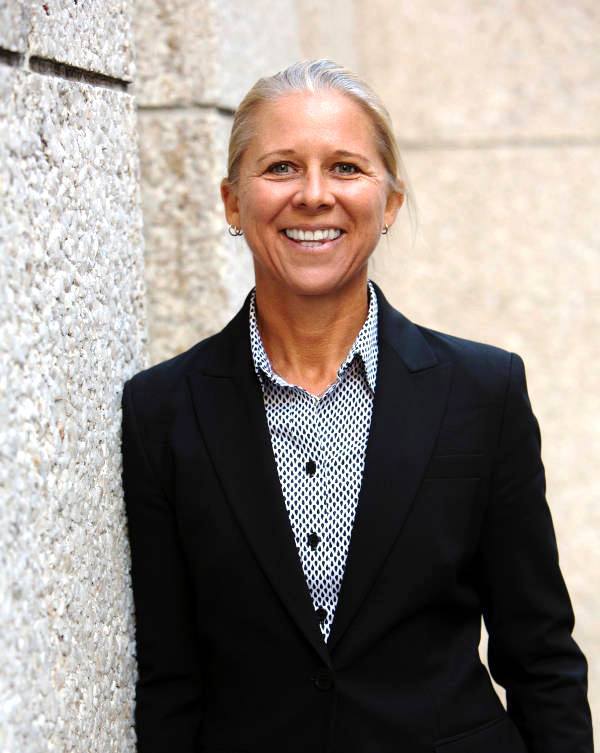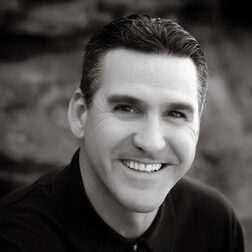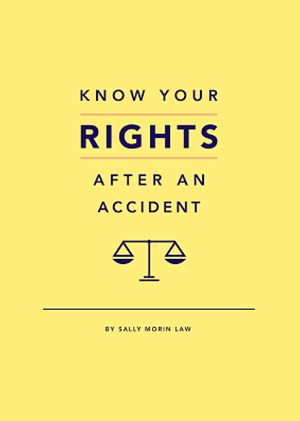Anyone who has experienced the death of a close loved one due to someone else’s negligence has felt a particular kind of sorrow. Your grief is mixed with anger at a negligent person, not to mention plenty of confusion and worry about the future.
What if you suddenly lost your spouse or domestic partner? What if your child is gone because of someone’s irresponsibility? You may have the legal standing to bring a wrongful death suit, although some limitations may apply.
In California, Certain People Can Bring a Wrongful Death Suit
Not every loved one of a deceased person is eligible to make a wrongful death claim. The California Wrongful Death Statute, which is covered under 377.60 through 377.62 of the California Civil Code, states that legal proceedings in response to the death of an individual can be initiated by:
- Surviving spouses
- Surviving domestic partners
- Surviving children
- Surviving dependents
Generally speaking, there’s an order in which family members have priority for claims. It’s similar to if someone passes without having a will or a trust in place and intestate succession sets forth rules of order.
So, for instance, if the person was married, their children can’t necessarily make the claim, nor could the mother or brother. This option goes to the spouse according to the rules, then others in the line of descent.
There’s a separate statute set out for wrongful death claims. If you have a close family member who passed at the hands of another person, wrongful death is most likely something you can bring, and if it’s not you, it could be one of your other family members. This is why you’d want to consult with a wrongful death attorney to find out if you are the person to make the claim or if it’s someone else in your family.
In Some Cases, Parents or Other Parties May Qualify
While wrongful death claims in San Francisco are most often filed by surviving spouses, any of the parties mentioned above may have the legal right to do so. In fact, at Sally Morin Personal Injury Lawyers, we handled a case where a mother filed a wrongful death claim for the loss of her unmarried 40-year old son.
However, only one wrongful death action may be pursued in any given case. There’s also a time limit of two years after which no wrongful death claim may be made.
So talk to a wrongful death attorney to clarify which circumstances may make you eligible or ineligible to start a suit. Again, if it’s not you, it could be another family member and you don’t want them to lose the chance to start a lawsuit on behalf of the entire family.
Meeting the Conditions for a Wrongful Death Lawsuit
Certain elements must be present in each San Francisco wrongful death case. First, the death must have been directly attributable to a certain individual. It doesn’t mean that this person intended to kill your loved one, but their action or inaction must have directly led to your loved one’s death.
There are many circumstances where wrongful deaths occur. The negligent party could be someone who drives drunk and kills your spouse in a car accident, a distracted Uber driver who runs over your sister on the sidewalk, or even a lousy mechanic failing to repair an automobile correctly and causing your parents’ death.
Next, you have to prove that you have suffered a quantifiable loss from the person’s death. Although this sounds harsh, the law says losing a loved one alone isn’t enough. You must prove that you lost one or more of the following things:
- Direct financial support through a paycheck or disbursement
- Physical support, like yard work and household assistance
- Emotional support
- Love and affection
- Care and comfort
- Social benefits
If you can indeed prove a loss described above, you may also be able to prove the loss of consortium, although it can’t be claimed alone. Loss of consortium involves losing the benefits of a spousal relationship like moral support and intimacy.
Another condition of proving a wrongful death lawsuit is building an overwhelming pile of evidence that supports your claims. That evidence can include:
- Physical evidence like accident scene photographs, video surveillance, broken machine parts, and other physical objects
- Documentation like mechanic’s inspection records, public records, and medical reports
- Statements from eyewitnesses, whistleblowers, or even the at-fault party themselves
If you can establish all of the points above, you may have the standing and the proof you need to navigate a successful wrongful death lawsuit. But we strenuously urge you not to do it alone in a chaotic time while you’re still grieving. You need legal help.
During a difficult time, hiring a wrongful death lawyer comes as a huge relief. At Sally Morin Personal Injury Lawyers, have a reputation for securing much-needed compensation for families in wrongful death lawsuits. We’re here to handle your case with skill and care.
“Amazing group of women to work with! Extremely professional, easy to communicate with, proactive, thorough, and thoughtful. They truly go above and beyond, and really have your back.” – Lorren B.
Experience a serious personal injury accident in California?
Check out our Personal Injury FAQ Page to learn more about how the process works.
We Handle Your Accident Claim So You Can Focus on Your Life
After a wrongful death, contact the attorneys at Sally Morin Personal Injury Lawyers. We handle many types of personal injury claims, including wrongful death lawsuits. We believe you should be able to focus on coping with this challenging situation while we handle the legal details.
We truly care about the people of California. Contact us today for a free online case evaluation.
Video Transcript
Who can file a wrongful death lawsuit? Anyone who has had a close loved one die because of negligence of another person can file a wrongful death lawsuit. However, there’s limitations on which family members can make the claim. So, for instance, if the person who is deceased is married, their children can’t necessarily make the claim or their mother or brother. It has to be the spouse. In California, there is a specific order in which family members have priority for these wrongful death claims. It’s similar to if someone passes without having a will or a trust in place. It’s called intestate succession, and it would pass according to those rules. But there’s a separate statute set out for wrongful death claims. If you have a close family member who passed at the hands of another person, wrongful death is most likely something you can bring, and if it’s not you, it could be one of your other family members. So you’d want to consult with a wrongful death attorney on this to find out if you are the person to make the claim or if it’s someone else in your family.











